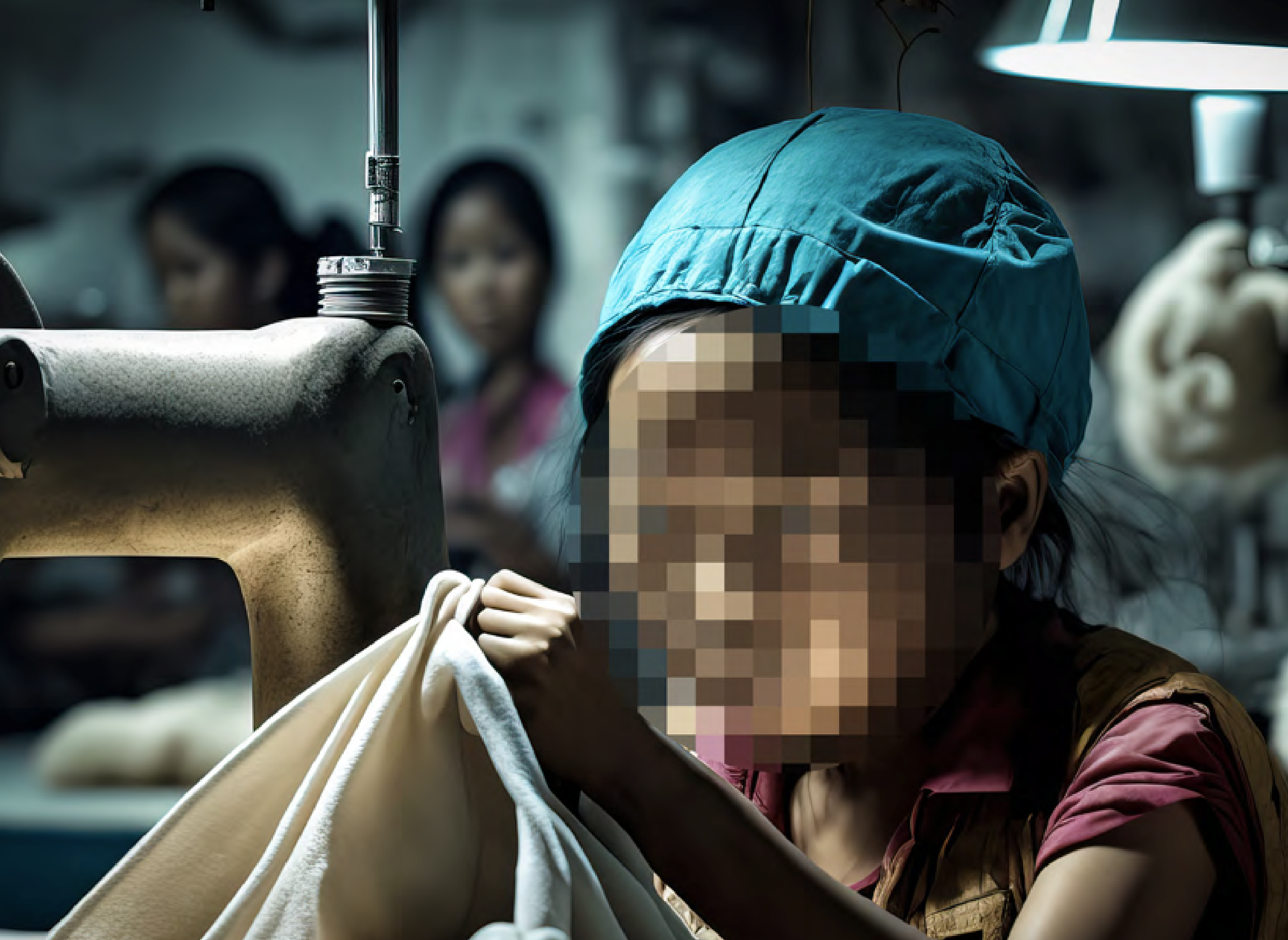Our Strategic Plan 2023-2026+

Our aim
Over the coming years, the Santa Marta Group intends to encourage partners across the world to work collaboratively to end human trafficking and modern slavery.
It will take strong moral leadership to turn the tide on the societal norms that allow this crime to prosper.
Pope Francis has described this as "a crime against humanity" and the profits it generates as ’blood money.’
By the 21st century, the trading in children, women and men for human trafficking and modern slavery should have ended; yet it continues to increase and become more lucrative year on year. The Santa Marta Group commits to doing all it can to restore dignity to over 50 million people who suffer at the hands of criminals through prevention and making this a crime which holds no financial benefit.
This three year+ plan is the initial stage to reaching this aim and outlines our six priorities that we believe are necessary to end human trafficking and modern slavery.
The ambitious 2015 Sustainable Development Goals (“SDGs”) have only eight years remaining. It will take determined efforts by governments, law enforcement, healthcare, businesses, civil society and faith groups to deliver these global promises.
The Santa Marta Group wants to see SDG 8.7 delivered to its full potential, to eliminate the damage that this crime against humanity causes to individuals, communities and globally.
Where the Santa Marta Group is working
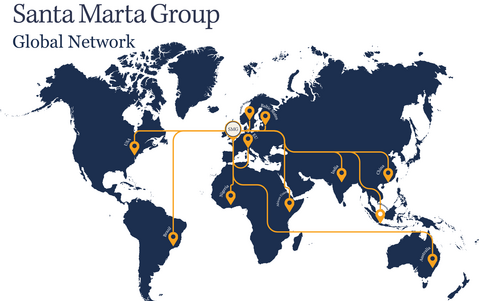
Our history
The Santa Marta Group was established in 2014, bringing together leaders who want to work collaboratively to identify solutions, to address and end human trafficking and modern slavery. Looking for systemic change, the Santa Marta Group acts as a catalyst to nurture trusting relationships to bring about lasting effective change.
With the endorsement and encouragement of Pope Francis, the Santa Marta Group commits itself to serve those who suffer and focuses its efforts to prevent and eradicate human trafficking and modern slavery. Ending this crime will take strong leadership, courage, and understanding.
The money obtained by human traffickers from their dirty, under handed business is blood money. I’m not exaggerating: It’s blood money.
Pope Francis, 2020
Every time a person is trafficked, this is a serious crime where a child, woman or man is exploited and criminals profit. The lucrative illicit business model of human trafficking and modern slavery must be challenged and the criminal profits it generates must end. Identification of victims is crucial, as is providing them with adequate support. For example, healthcare, legal representation, education, employment and access to reparation and compensation are all needed.
Eradicating human trafficking and modern slavery will take leadership within communities, healthcare, the police and criminal justice sector, businesses, government, the financial sector, in faith groups and others.
The Santa Marta Group will encourage and nurture partnerships to deliver a six point plan to disrupt and end the societal norms and benefits that allow human trafficking and modern slavery to proliferate. This plan aims to remove the impunity enjoyed by traffickers and break the model that dehuminises people into being a ‘commodity’ for criminal gain.
Despite many international instruments, domestic legislation and growing demands for supply chain transparency, human trafficking and modern slavery is increasing, with convictions declining and political will, at best, being ambivalent.
The Santa Marta Group will be a catalyst for change. Bringing together committed leaders in communities, healthcare, the police and criminal justice sector, businesses, government, the financial sector, faith groups and others to turn the tide on those who trade in human misery. This network aims to create attitudes and environments locally, nationally and internationally so human trafficking and modern slavery is seen as unacceptable and measures are put in place to protect the vulnerable from exploitation, while bringing accountability to those who benefit from this crime.
Human trafficking and modern slavery is sustained by criminality and enabled by willful ignorance, this cannot be allowed to continue. Mirroring other global threats like terrorism, genocide, and violence against women and girls, it is time to invest, resource and professionalise efforts to suppress and eliminate the abuse of 50 million people worldwide. Santa Marta Group believes this six point plan can be a blueprint towards the eradication of human trafficking and modern slavery worldwide.
For over a decade, religious sisters have been supporting London’s Metropolitan Police. This has included providing support and accommodation for victims, the development of policy, leading a multiagency project and organising a dedicated
facility for potential victims of trafficking during the 2012 London Olympic and Paralympic Games.
This partnership has brought victims protection from exploitation, while assisting with increasing convictions of traffickers. Built on a foundation of trust, and respecting differing, and sometimes competing demands, this partnership has benefitted each organisation’s objectives.
Every time a person is trafficked, a serious crime is committed, with exploitation that can continue for months or even years. Religious women come with many decades of experience in dealing with victims of human trafficking in the UK and worldwide.
London’s Metropolitan Police and the Church shared resources agreeing to support and protect victims. There was no precondition or expectations that victims would cooperate with the police in an investigation.
The Council of Europe Convention to Supress Human Trafficking outlines what a government should include when building their human trafficking policy. The Santa Marta Group, with its network of collaborators, will be encouraging for internationally
agreed standards to be implemented at grass roots, including adequate funding for victim support, and prevention. Furthermore, where it is evident that there are legislative or policy deficiencies, the Santa Marta Group will explore the negative effects, and identify those who can assist in finding solutions.
There are now almost three times as many people exploited in human trafficking and modern slavery as during the entire period of the transatlantic slave trade: this means there are currently over 50 million victims globally. This must change. Concerted action is needed to bring systemic change where human trafficking and modern slavery are not only viewed as unacceptable, but policy and actions would prevent this crime from occurring in the first place.
Moving prevention of human trafficking and modern slavery policy to an international priority is crucial. Generating over US$150 billion each year through exploitation of victims, it needs to be fully understood how this crime thrives as a parasite, living off other global injustices including the secondary status of women and girls, climate change, corruption, the absence of the rule of law, discrimination and organised crime. Those who traffic people are often involved in other serious crimes
such as funding terrorism. This should mean this phenomenon is a national and global priority. This is currently far from the case. Raising the profile of the impacts of this crime and creating responses which are commensurate to the risks is crucial.
Other crimes, for example the fight on drugs, receives hundreds of billions of US dollars in yearly investment world-wide. Financial investment by governments
to end human trafficking and modern slavery runs at less than one per cent of the US$150 billion made in criminal profit each year. This makes this an ‘unfair fight’ and mirrors data showing less than one per cent of victims are identified each year.
The Santa Marta Group intends to find ways to increase prevention, including turning the illicit US$150 billion profits earned annually into money for good, including for reparation and compensation for victims allowing them to rebuild their lives. This one act removing the criminal profits, albeit complex, would almost equal OECD nations entire US$185 billion in Official Development Assistance (ODA), showing the importance of making this a crime that does not pay.
Human trafficking is a global criminal network of evil and to combat it seriously we need a global network of good and that is where the Catholic Church comes in.
Priority 1 - Government Procurement and Business Culture
Changing the culture so governments and businesses ensure all procurement and supply chains are slave-free.
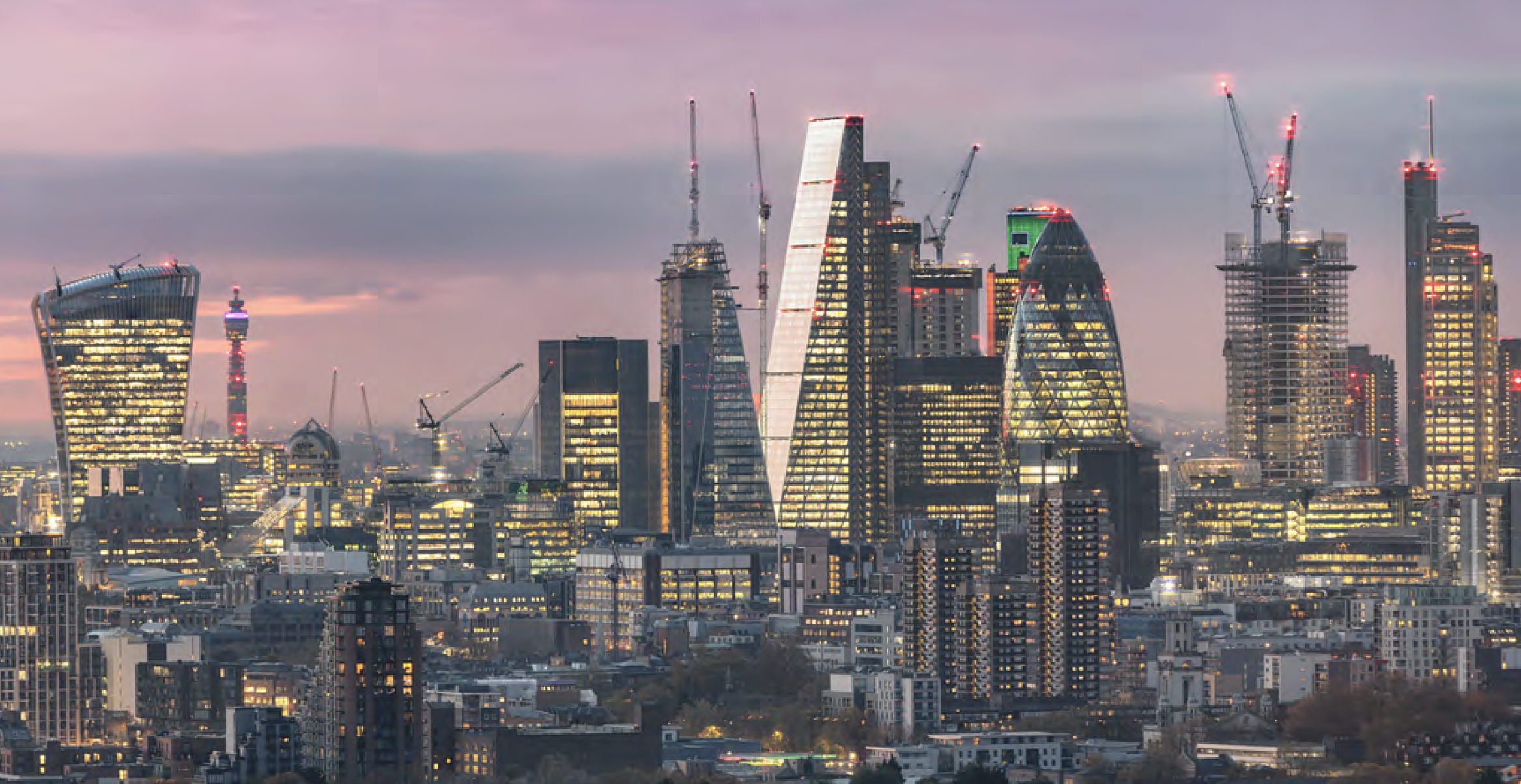
Priority 2 - Tainted Money
Stopping criminal tainted money – a commitment that no-one should profit from human trafficking and modern slavery.
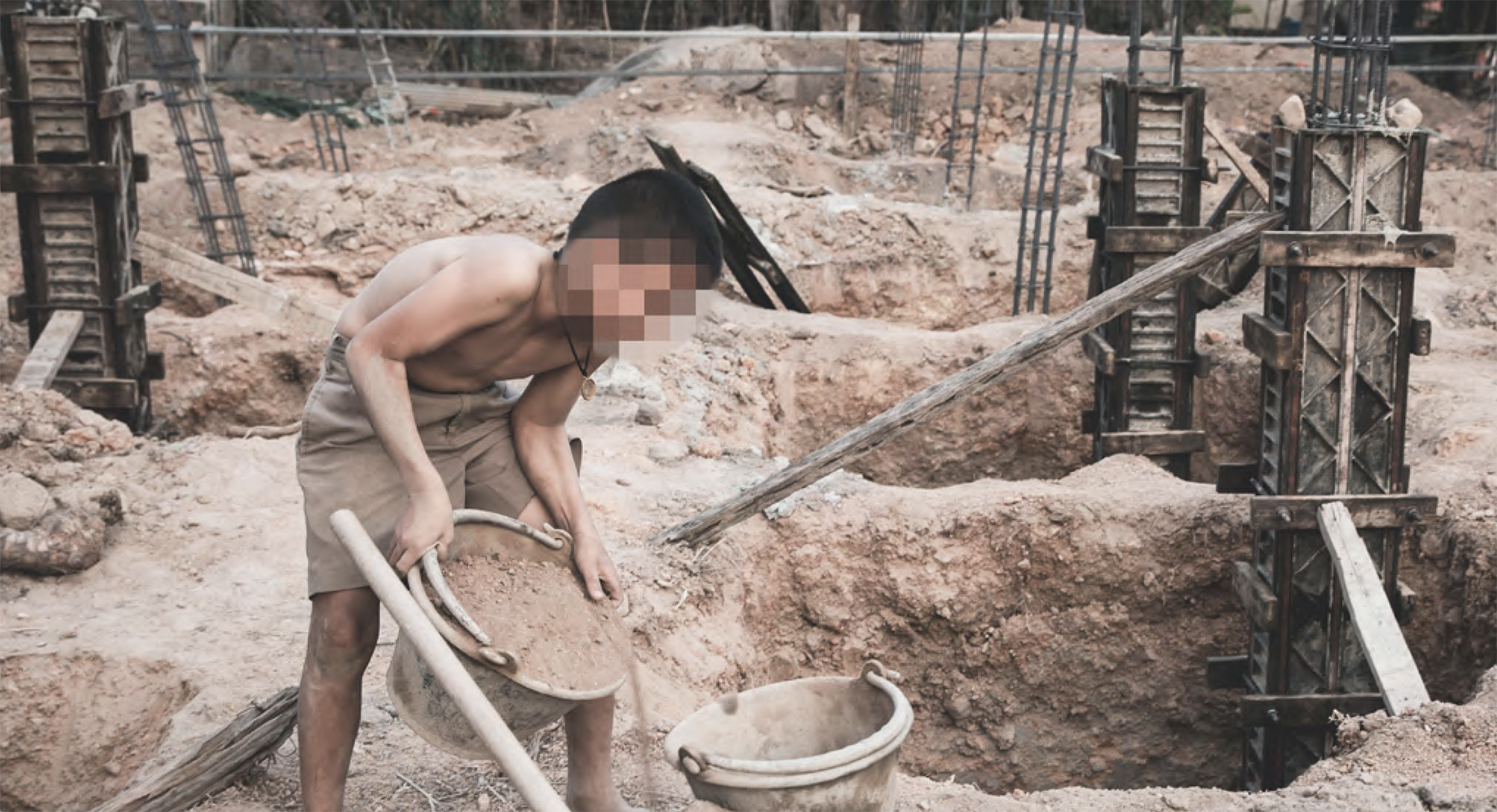
Priority 3 - Digital Space to be Governed by Law
Legislation to be introduced and enforced so all digital media become responsible technologies that uphold human dignity.
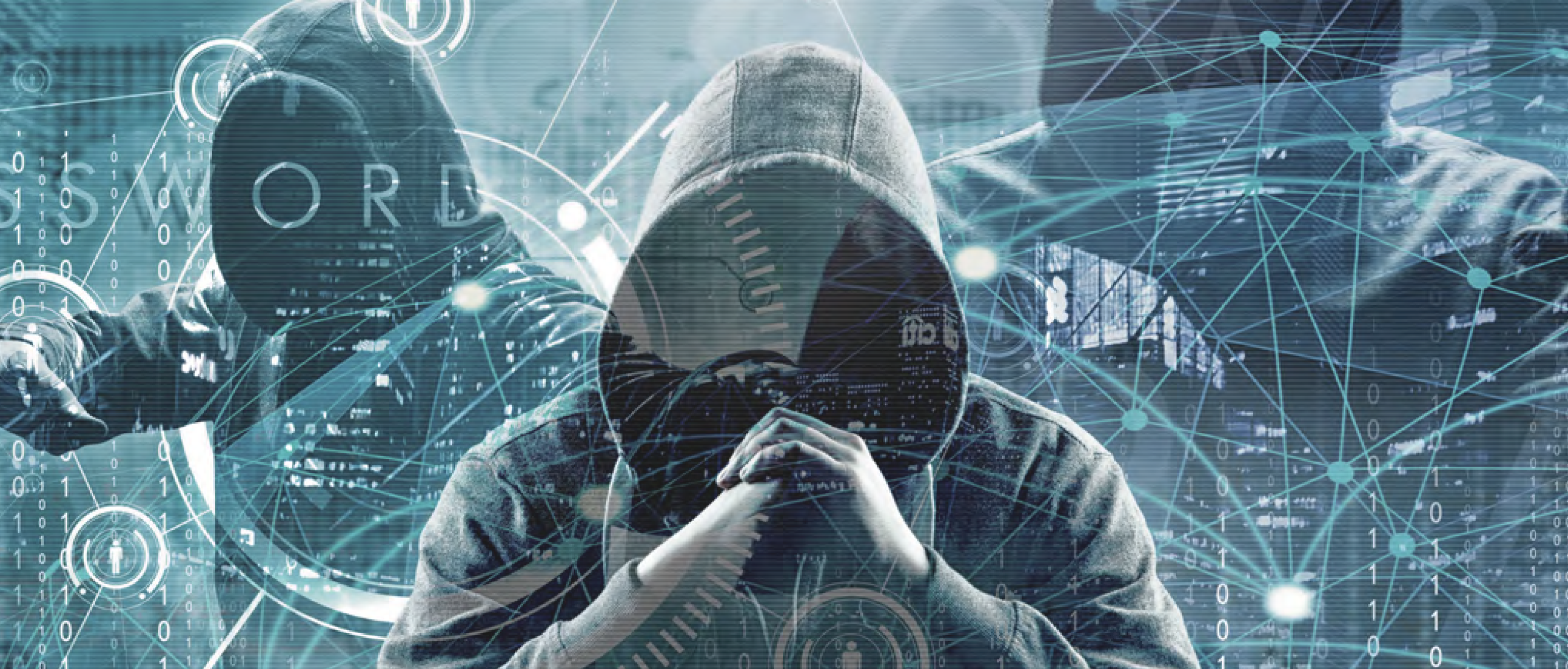
Priority 4 - International Instruments
Revising and enforcing international legal agreements and commitments so they are relevant for today’s world.
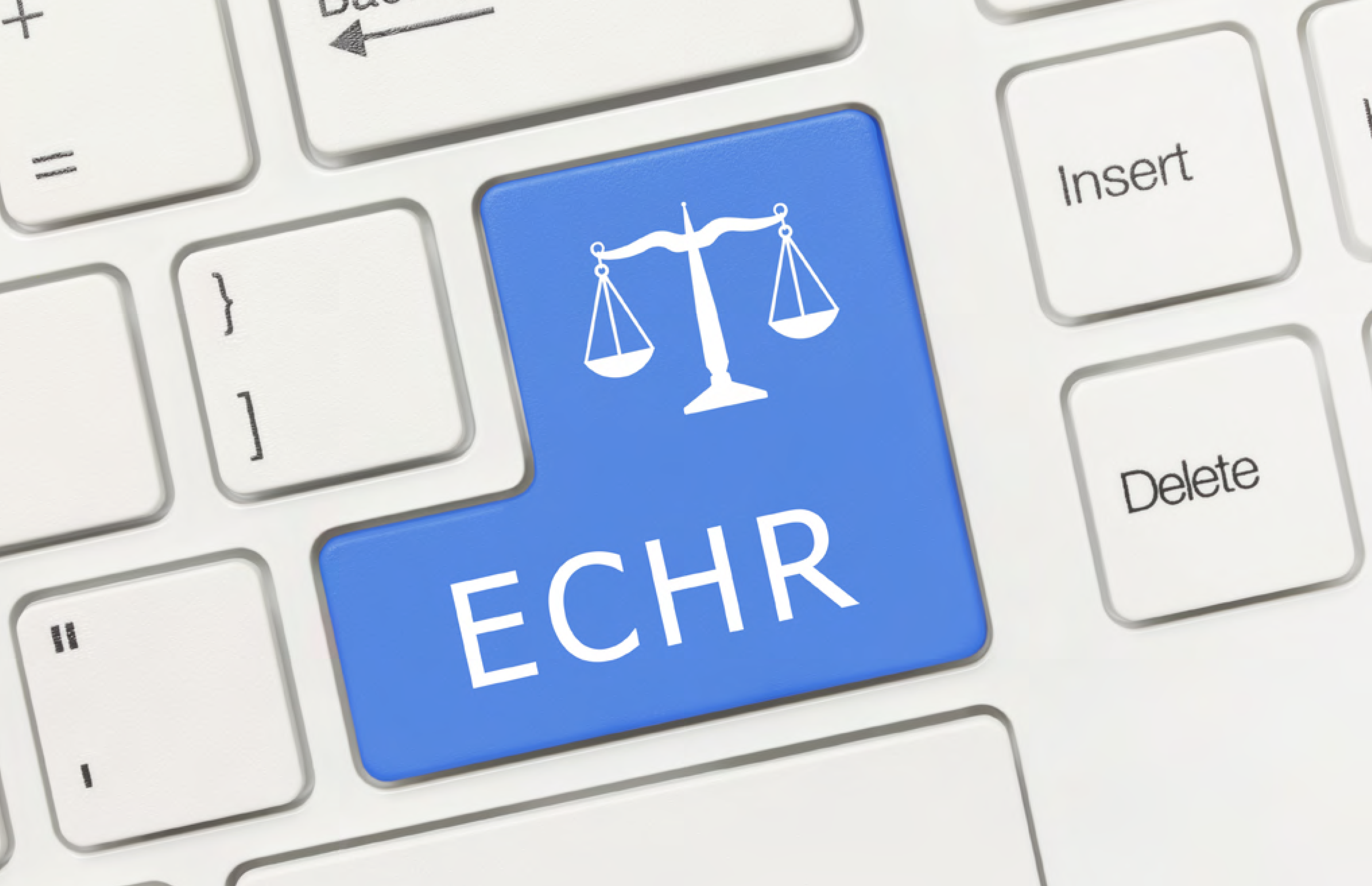
Priority 5 - International Institutions
Ensuring all international institutions use their platforms to fight human trafficking and promote human dignity.
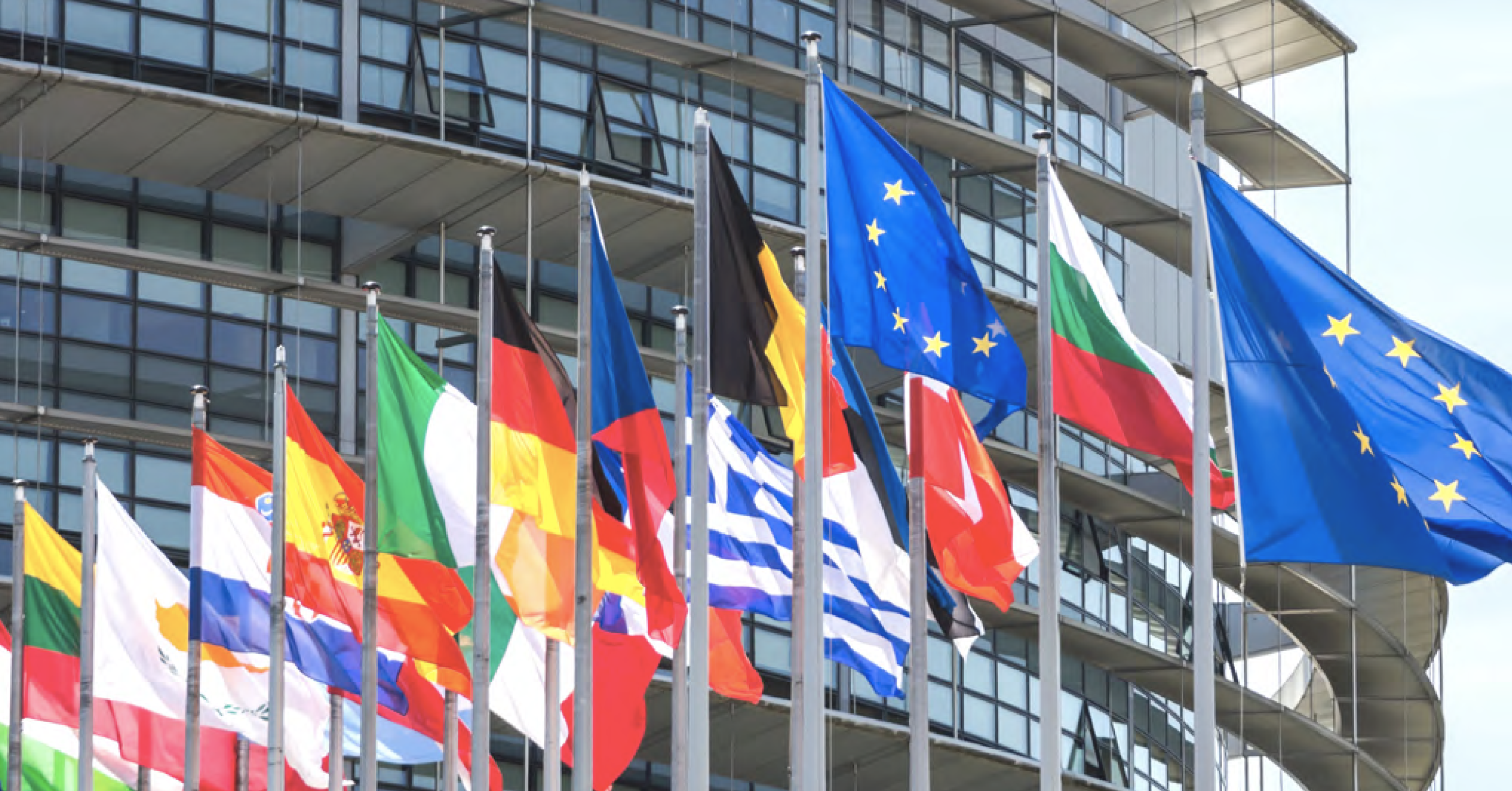
Priority 6 - Moral Compass
Resetting the moral compass so that human trafficking is seen for what it is and eradicating slavery becomes a priority for all.
